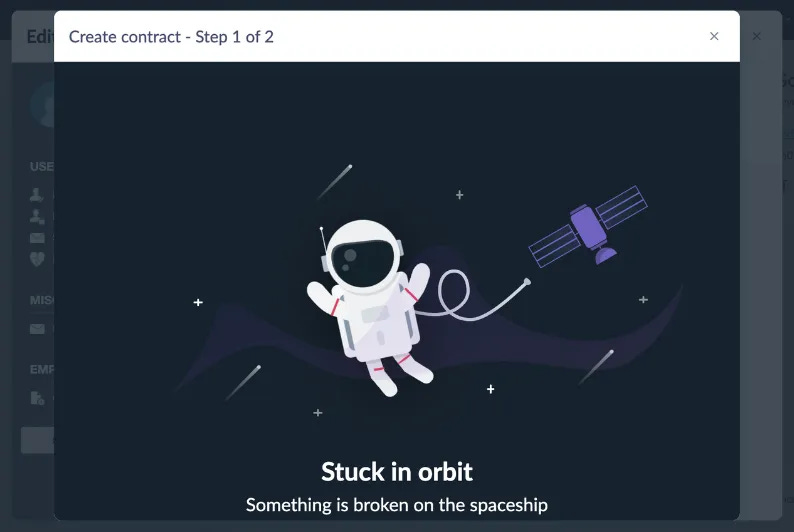Software companies that sell software to other software companies
Before listening to SaaS advice, figure out what kind of company you are.
“SaaS” is an umbrella term referring to companies that sell software with a monthly license, mostly to other businesses. Most SaaS companies think of themselves as being similar. But there’s actually two categories of SaaS companies that are worlds apart, and it’s a distinction nobody talks about.
There’s software companies that sell to software companies (S2S), and then there’s software companies that sell to other industries (S2O). They are fundamentally different businesses, whether they realise it or not.
If you read message boards or startup blogs, or talk to anyone who writes code, you’ll get drowned in advice for how to build an S2S company. If you are actually building an S2O company you need to take this advice with lots of grains of salt. There are similarities between the companies, sure, but there are also so many differences, and if you don’t understand them then your customers will not understand you.
Software companies that sell to software companies
Customers…
Hate phone calls
Have LinkedIn inboxes flooded with sales DMs
Are generally resistant to being sold things
Expect products to be slick, well polished, and easy to use
They use software all day! They don’t want to use something ugly.
Want to use the product.
eg. Lots of people enjoy using GitHub outside of work time.
Live in a world of remote work and are experts at using Zoom.
Companies…
Are end users of their products. This makes it easy for everyone in the company to give real product feedback and drive the product forward.
Are highly exposed to stock market fluctuation. Consider a company like Gong or Twilio. They care a lot about their valuation, and a large percentage of their customers are software companies. If the market for SaaS valuations goes down, then Gong/Twilio is worth less. But all their customers are worth less too. A down market will make it harder to raise money. Therefore, their customers will look to cut costs, and might do so by decreasing or ending their Gong/Twilio contract.
Think political posturing makes for good marketing. This reflects what they think their customers want, but might actually just reflect what their employees want.
Need to be disciplined about not just building whatever random idea someone had but actually connecting features they build to things customers want to buy.
Software companies that sell to other companies
Customers…
Answer the phone
Don’t use LinkedIn
Are happy to buy useful things
Don’t mind the UX as long as the product solves a problem
Have to use the product. Not that people don’t like using their payroll software, but most users wouldn’t do it as a hobby.
Find remote work confusing (why would you want that?) and don’t have Zoom installed because time spent on the computer is time not spent with customers or employees.
Companies…
Are not typically also users of their product.1 This makes instinct more important.
Can be counter-cyclical. If your customers are schools, restaurants, tradespeople, etc… they might still be impacted by a recession, but they might not. And they certainly aren’t going to be stung as directly as valuation-obsessed software companies are.
Often can’t get away with political posturing because their customers don’t always share a hivemind.
Need to be disciplined about not forgetting who their customer is. Often these companies will slip and use jargon that software people find “fun”, but the rest of the world finds unhelpful:

